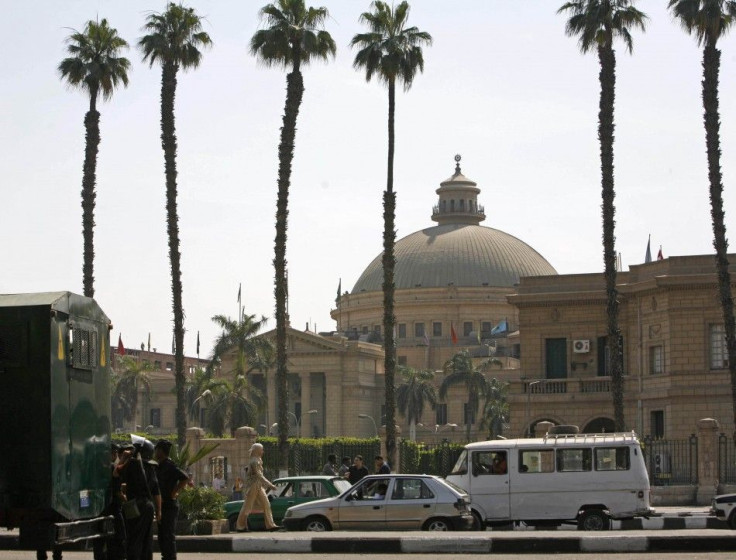Academics want science minister in Mubarak regime to continue

While scientists and the academic fraternity in Egypt share much of the disillusionment and anguish of the common man against the Mubarak regime, leading academic and scientist Michael Harms who heads the German Academic Exchange Service or DAAD in Cairo told Nature magazine that it would perhaps be in the interest of Egyptian academics and the pursuit of science in the country if Minister of Higher Education and Scientific Research Hany Helal continues to remain in office.
Egyptian scientists are woefully underpaid, often needing second jobs to sustain themselves and funding for research projects is extremely difficult to come by. Under the circumstances, continuity within the Ministry of Higher Education would be a facilitative factor in securing funding for ongoing projects and fellowships, points out Harms.
In 2006, the year which also saw the appointment of Helal, the Egyptian State Ministry for Scientific Research had launched an exercise to overhaul Science and Technology activities in Egypt as a culmination of which the Higher Council for Science and Technology (HCST), and the Science and Technological Development Fund (STDF) were created. The STDF is a western style funding agency that has significantly boosted the quality and volume of research in the country, especially in renewable energy, urban development and Cancer/Hepatitis C. The STDF also has partnerships and scientific cooperation programs with the U.S., France and Japan apart from Germany.
Helal has also overseen the functioning of the Egypt chapter of TEMPUS - the Trans-European Mobility Scheme for University Studies - that works to modernize higher education in countries close to the European Union. The National TEMPUS Office in Egypt works in close cooperation with Helal's Ministry defining Egyptian priorities for Higher Education and promoting actions that lead to further support for the whole program in Egypt.
Thus, as the Daad Director says in his interview with Nature, Helal, who has also been a professor in the Cairo University and an Expert of UNESCO's Earth Sciences Programs in Egypt, is not perceived in the same league as other ministers in the Mubarak government but more as a colleague.
Harms also says that while most intellectuals agree on the corruptness, bias and failure of the present regime, many are skeptical about who would be able to unify the country and lead it towards a better future.
© Copyright IBTimes 2024. All rights reserved.





















